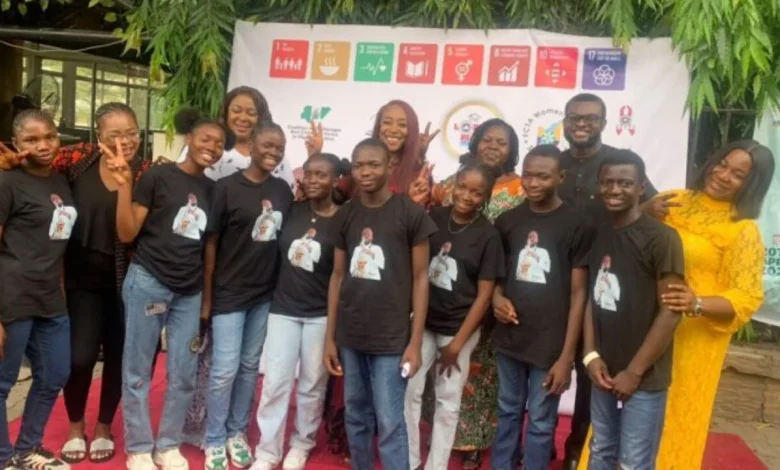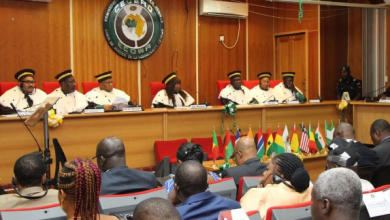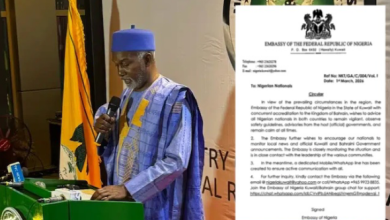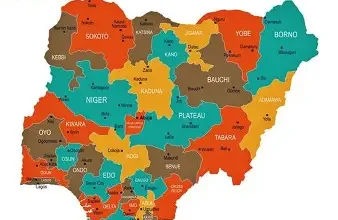FG to provide orphanages, childcare services data using technology – Minister

Mrs Uju Kennedy-Ohanenye, Minister of Women Affairs and Social Development, has restated the Federal Government’s commitment to adopt a software aimed at providing data of orphanages and vulnerable children across the country.
Kennedy-Ohanenye said this on Tuesday at the consultative forum of the Association of Orphanages and Homes Operators in Nigeria (ASOHON) in collaboration with Both Ends Believing (BEB) in Abuja.
The minister said that government would be working with ASOHON to achieve its project.
The forum focused on strengthening child protection procedures, best practices and reviewing the current statistics of children in Nigeria’s orphanages.
Represented by Mr Eligius Nobis, Assistant Director, Child Development, the minister said that the Ministry of Women Affairs and Social Development, had entered into partnership with the United Nations Children’s Fund (UNICEF), to provide guidelines for orphanages and homes operations.
She said that the guidelines would enhance comprehensive data in the sector, alongside with BEB’s Children First Software (CFS), and address the issues of illegal orphanage operators popularly known as baby factories.
“Last year, we entered into partnership with UNICEF to provide alternative guidelines because the one we have is obsolete.
“We cannot ascertain the number of children in orphanages, and the guidelines will address the issue of data in that area.
“Dissemination of the guidelines to states will ensure that baby factories masquerading as orphanages will be eradicated.
“We will work with ASOHON to achieve this and we commend ASOHON for bringing BEB because data management for orphanages have been a great problem,’’ she said.
She urged ASOHON and its regional chapters to work with the government to fish out illegal homes operators, adding that 75 per cent of that responsibility depended on them.
In his remarks, Dr Gabriel Oyediji, National President of ASOHON, said there was a huge gap in determining the data of vulnerable children in the country and the depth of their needs.
Oyediji said Nigeria was still relying on UINCEF data of 2007, in which it had about 14.5 million orphans and vulnerable children.
He said the situation had changed and the statistics on children in orphanage homes, number of homes duly registered by the government needed to be reviewed.
The national president said the quest for solution on statistical data of children and homes drew them to BEB’s CFS.
He said that the association had already deployed the software in July 2022, to assess selected homes across the country to ascertain different information about homes and vulnerable children in the country.
“As we embark on this journey of collaboration and dialogue, let us reflect on the profound impact our collective actions can have on the lives of these children.
“By working hand-in-hand, we can ensure that they receive love, care and support they deserve to thrive and fulfill their potentials,’’ Oyediji said.
Oyediji urged government to prioritise social welfare funding, data coherency and ensure conclusive projects on assembling data which had failed in the past.
According to him, until the budget for social care and welfare is improved, things will not get better, because people working in this sector are discouraged.
Mr Kenneth Ayebazibwe, African Regional Director for BEB, said the CFS was a free tool designed for governments’ institutions operating orphanages and children’s homes.
Ayebizibwe said, “the software is an application and web-based that allows the registration of a child into a home till the time of his or her exit, which should be approved by the government.
“The end goal of the software is to enable the institution and government to provide service delivery for the child and eventually find families they could be adopted into.
“It is also to allow the government to have a record of its own children, ensure transparency and accountability in the system.’
He added that part of the benefits of the software was to help government to coordinate stakeholders in the space of childcare, render accountability in terms of licensing and proper decision making.
Ms Yonpan Dariem, a representative of BEB Nigeria, while presenting the findings from homes on the pilot project, said out of over 500 homes registered with ASOHON, 90 were assessed.
Dariem said that from the assessment, children brought into childcare services were either partial or total orphans, had shelter issues, abandoned, faced extreme poverty, dissatisfied about basic needs, abused, among other reasons.
She also said that some were kept in home due to disability, adding that out of 3,753 children assessed, disabled children accounted for 3,740.
She said other assessment criteria included children in residential care by age, sex, parental status, children with up-to-date care plan, among other conditions.



